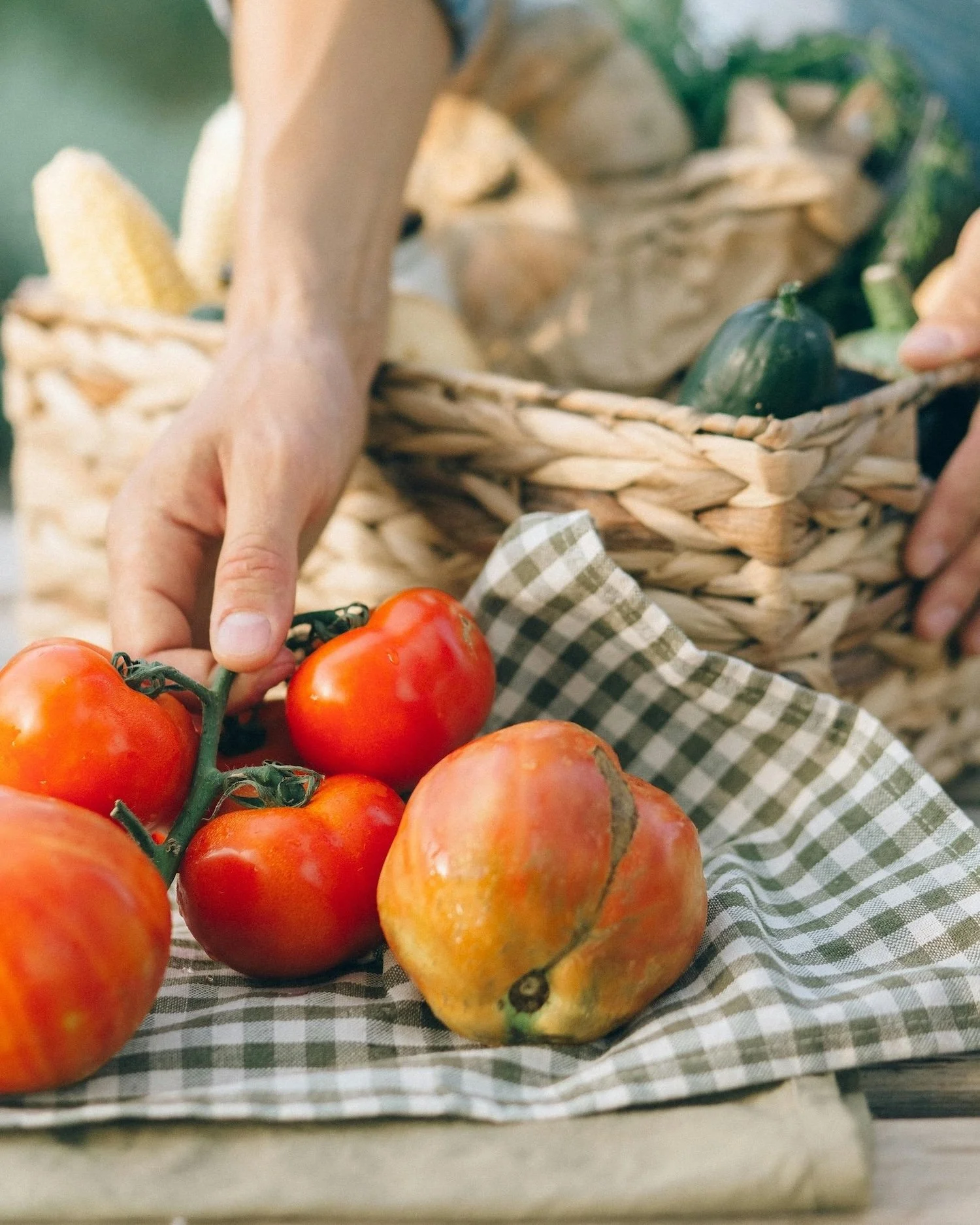How to Compost at Home For Your Health
Composting isn’t just great for the environment—it can actually support your health too. When you turn kitchen scraps and yard waste into nutrient-rich soil, you’re creating a powerful cycle of wellness that starts at home. Whether you live in an apartment or have a backyard, composting is easier than you think.
Why Composting Supports Your Health
You might not immediately link composting with personal wellness, but it plays a bigger role than you’d expect.
Reduces indoor toxins: Fewer food scraps in your trash means less odor, bacteria, and pest attraction.
Encourages a whole foods lifestyle: You become more mindful of what you eat and waste, naturally leaning toward fresh fruits and veggies.
Promotes movement & routine: Tending your compost—turning, adding, or using the soil—adds a grounding outdoor habit to your week.
Supports your garden: Homegrown herbs and veggies = more nutritious, fresher food on your plate.
Simple Steps to Start Composting at Home
You don’t need a farm or fancy system. Here's how to get started with minimal effort.
1. Choose Your Composting Method
Backyard compost bin: Great for outdoor spaces. Try a tumbling bin like the FCMP Outdoor IM4000 Tumbling Composter.
Indoor countertop bin: Perfect for apartments. Pair them with compostable bags and drop them at your local compost center or farmers market.
Vermicomposting: Uses worms in a contained bin. Low odor, great for indoors, and fascinating to kids.
2. Know What to Compost
Greens (wet): fruit and veggie scraps, coffee grounds, tea bags.
Browns (dry): shredded paper, cardboard, dry leaves.
Avoid: dairy, meat, oils, and anything treated with chemicals.
3. Keep It Balanced
A healthy compost pile needs both greens and browns. Think 1 part green to 2 parts brown. If it smells bad, add more dry material and mix it up.
Helpful Tools to Get Started
Compost bin with charcoal filter – like the Utopia Kitchen Stainless Steel Compost Bin
Compostable food waste bags
Gloves and small garden trowel for mixing if you’re working outside
Making It a Habit
Set a small goal: compost for just one week. You'll be amazed how little food waste ends up in your trash and how satisfying it feels to turn scraps into something useful.
Post your composting journey on Instagram or share it with a neighbor. It spreads faster than you'd think.
